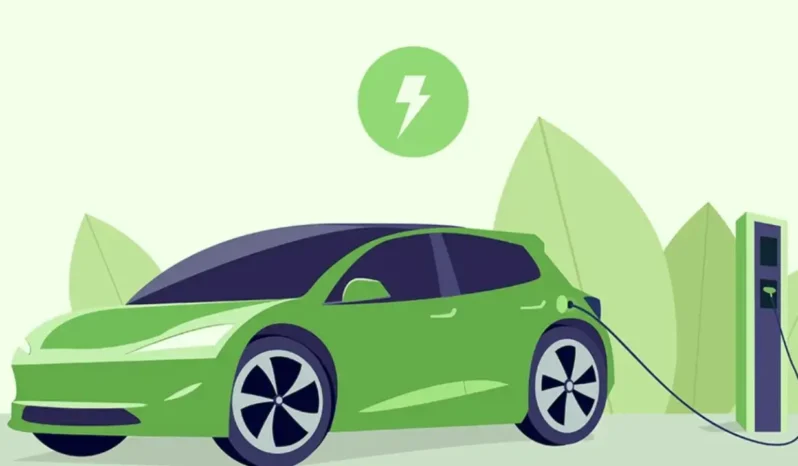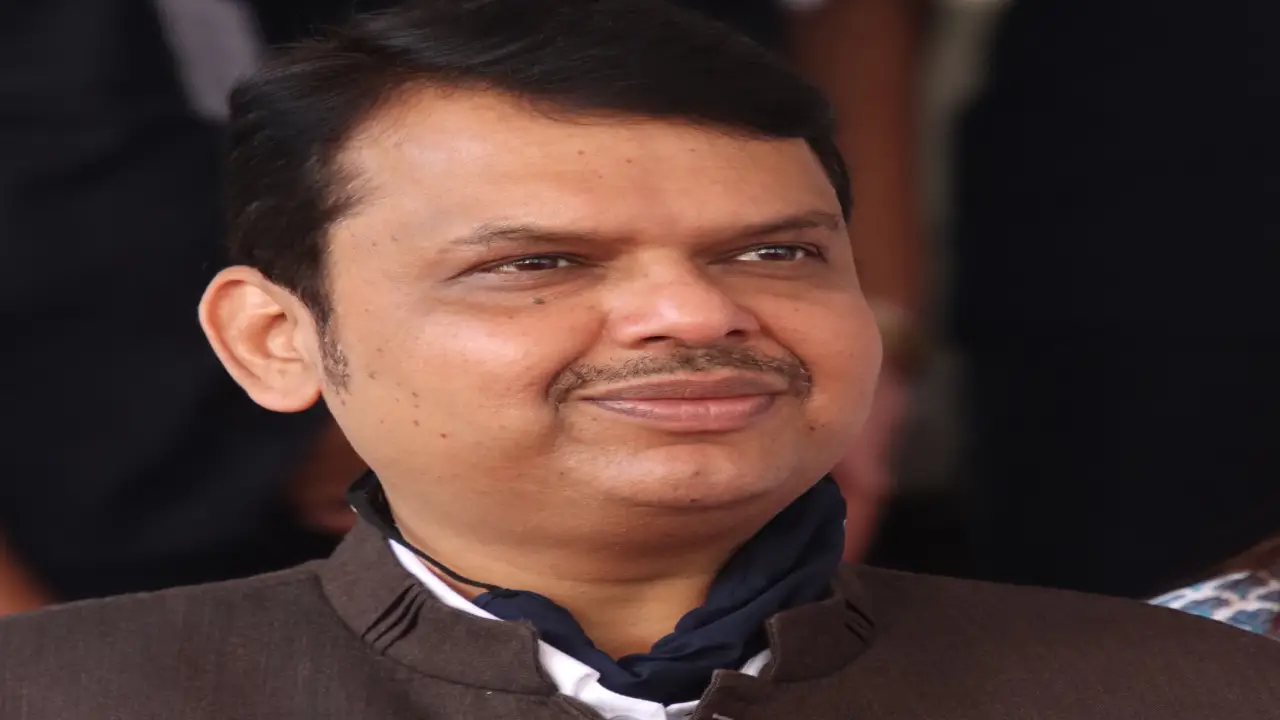Maharashtra EV Policy: In a first-of-its-kind initiative to revolutionize its transport sector and address urban air pollution. The government of Maharashtra has launched a comprehensive new EV policy. The policy, launched on May 25, 2025, aims high: by 2030. 30% of all vehicles plying on Maharashtra’s roads will be electric.
Key Highlights of the 2025 Maharashtra EV Policy
Ambitious Adoption Goals
- The policy extends to all segments of vehicles. Two-wheelers, three-wheelers, four-wheelers (personal and commercial), public transport buses, and farm vehicles. The 30% adoption is among the most ambitious in India. Projecting Maharashtra as a frontrunner in its country’s green mobility revolution.
Incentives and Subsidies
Financial Incentives:
- Maximum ₹2 lakh subsidy for electric four-wheelers in transport and fleet usage.
- Maximum ₹20 lakh incentive for electric buses for supporting public transport electrification.
- 10% direct subsidy on the base price of private electric three-wheelers, two-wheelers, and four-wheelers.
- 15% subsidy on commercial goods carriers, tractors, and large passenger vehicles.
No Cap on Private Four-Wheeler Subsidies:
- There is no restriction in the amount of incentives that can be availed for private electric cars. Which will make EVs more affordable for individual customers.
Tax and Toll Benefits
- Tax Exemptions: Waiver of Motor Vehicle Tax and renewal fees. For registration on all EVs registered within the policy duration (2025–2030).
- Toll Waivers: 100% toll waiver on major expressways such as the Mumbai-Pune and Mumbai-Nashik corridors. The government is also looking to extend this privilege to other state highways.
Charging Infrastructure Growth
- Residential and Commercial Requirements: All new residential and commercial complexes need to have EV charging points.
- Highway Charging Network: Charging points will be equipped at every 25 km on national and state highways. To provide range assurance for long-distance EV users.
- Public Charging Support: Up to 15% of the cost will be covered under viability gap funding. To support private investment in public charging points.
Environmental Commitments
The policy will stop 325 tonnes of PM 2.5. 1,000 tonnes of greenhouse gas emissions by 2030. Significantly helping Maharashtra’s clean air and climate targets.
Maharashtra EV Policy Funding and Oversight
- Budget: ₹1,993 crore has been allocated by the government to implement the policy for a period of five years. A 114% increase compared to the original allocation.
- Governance: A high-level steering committee. Led by the Chief Secretary, will oversee progress and suggest further steps. Including GST and road tax exemptions, if required.
Chief Minister Devendra Fadnavis, addressing the launch event, stated, “Maharashtra is committed to becoming India’s EV capital. This policy will not only drive adoption but also attract investments, create jobs, and make our cities cleaner and healthier.”
ELCTRIK Speaks
Maharashtra is poised to become a trailblazer in India’s electric mobility transition. The state’s blend of incentives, infrastructure mandates, and environmental focus sets a new benchmark. As the 2030 deadline approaches, all eyes will be on Maharashtra to see if it can turn its bold vision into reality.







